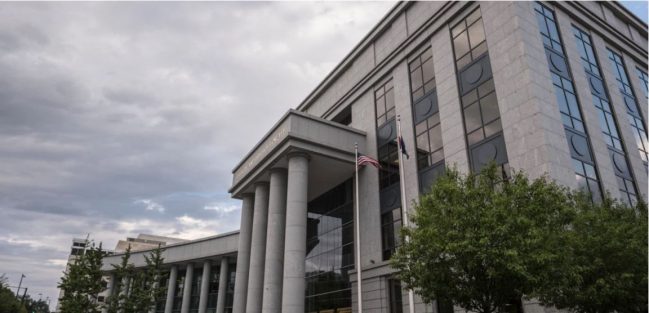More than 25 years since the Taxpayer’s Bill of Rights won voters approval in Colorado, one question continues to vex policymakers and judges: What qualifies as as tax?
The question sat at the center of a 5-year-old case before the Colorado Supreme Court challenging the fees the secretary of state’s office charges businesses. The 22-page ruling issued by the court Monday, however, once again avoids a direct answer.
What is clear in the decision: The fees the Department of State charges to businesses for registration, licenses and other purposes do not equate to a tax that needs approval for voters under the requirements of TABOR.
The National Federation of Independent Business, which represents small businesses, filed a lawsuit in 2014 challenging this system as unconstitutional. The group argued that the charges to businesses were taxes — rather than fees — because the revenue paid for other unrelated agency services, such as overseeing elections. And if true, any increase in the charges or alteration in the policy would run afoul of TABOR, which mandates such moves need consent from voters.
The state Supreme Court’s decision rejecting the claim affirmed a lower court ruling that sided with the secretary of state and vacated a Court of Appeals determination that kept the case alive. The case started under Republican Secretary of State Scott Gessler and continued under his GOP successor Wayne Williams. But in the end it carried the name of Secretary Jena Griswold, a Democrat, who applauded the decision.
To read the rest of this story, please click (HERE):

Leave a Reply